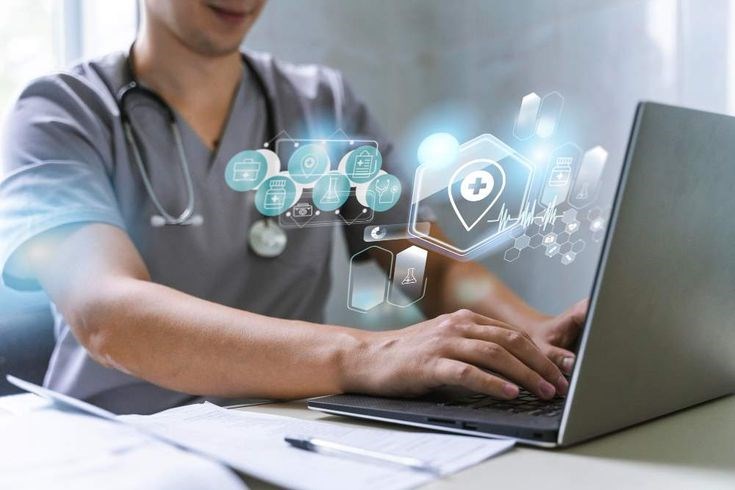New technologies in the healthcare industry are improving patients’ experiences through accuracy, speed, and availability. Technologies like AI, telemedicine, and wearable health devices have changed diagnostic and treatment aspects so as to improve the client experiences. These developments enable quicker interferences, targeted and optimal health treatment, along with optimization of medical proceedings making the overall efficiency of health services improved.
Artificial intelligence has made great advancements to increase the percentage of correct diagnoses as well as early identification of diseases. Serves to provide unpredictable yet more accurate and timely actions; This is due to the fact that machine learning algorithms analyze huge amounts of data to look for patterns. This improves the outcomes and the management of the diseases that affect the populations in question. It therefore enables patients to get the right treatments for their conditions to increase the recovery rates while reducing unnecessary treatments or drugs.
Telemedicine has improved the accessibility of healthcare which is a welcoming development especially to rural settings. As the terms imply, further consultations mean patients are able to get timely advice regarding their condition they wouldn’t be able to due to distance thus cutting out time delays. This convenience helps to improve the level of patience satisfaction while also maintaining the issue of continuity. Also, RPM is useful for health monitoring where a patient's progress is monitored in a real sense which improves health management.

Smartwatches and other wearable devices make patients more in charge of their health condition. These devices give a person real-time information on his/her heart rate, pressure, and glucose level hence giving people control over their health conditions. That is how wearable technology decreases the number of emergency visits and hospitalizations to help enhance the effectiveness of the treatment and increase people’s trust in the healthcare system.
The use of new technologies creates an opportunity for improving patient treatment, as well as making it more accurate, available and individualized. For patients, diagnosis is more accurate and their access to care is gentler and more convenient, while healthcare is more preventive. It is true that more advanced innovations have the potential of enhancing efficiency in patient care, reducing costs, and ensuring a more constructive approach to the existing system.
Conclusion
Technological advancement is a very important aspect in the health sector because it is improving the kind of care that is given to patients through modern equipment. Diagnostics in many situations performed by artificial intelligence, telemedicine and different wearable devices improve the quality of the treatment and the level of the patients satisfaction. Such advancement in technology will expand its prominence in the future advancement of the medical healthcare system since it will be more proactive, more individualized, and more efficient.